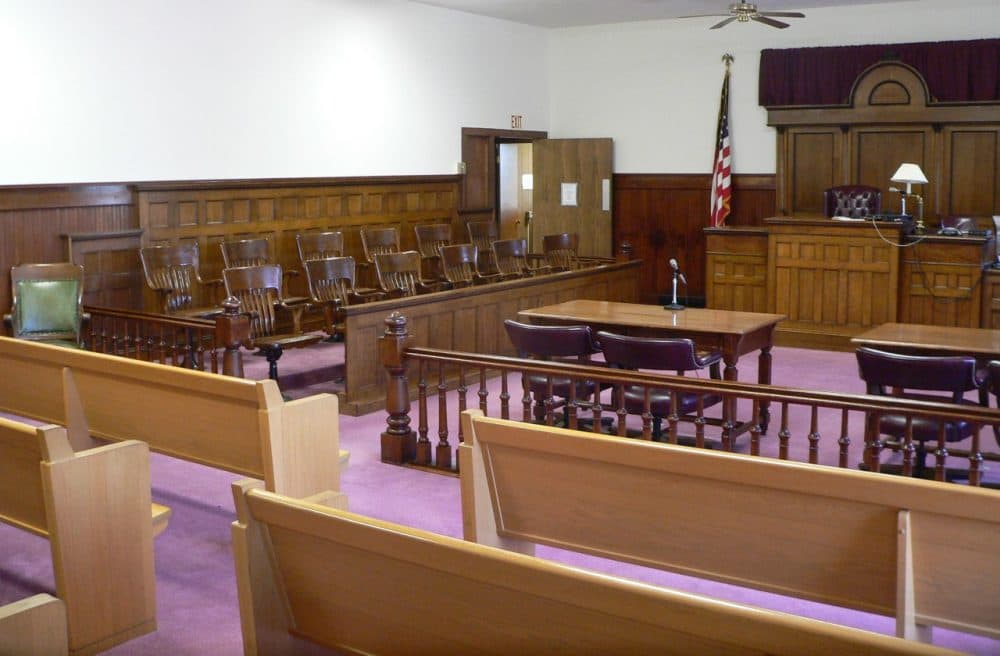Advertisement
As Specialty Courts Grow, New Criticisms
Resume
A couple of weeks ago, we had an in depth conversation about an innovative, and growing, program in the state's criminal justice system. They're called specialty courts, and they deal with defendants who have long term drug or mental health problems.
Rather than sentencing the defendant to jail or probation, a specialty court judge takes a broader look — with the help of health care providers and social workers — and determines what treatment that person needs to mitigate the underlying issue that contributed to the crime.
Every year, more specialty courts are opened across the country, even though the idea is still relatively new. There are unanswered questions about their efficacy, so we thought we'd follow up on several of those issues.
Guest
Leon Neyfakh, reporter for the Boston Globe Ideas section. His article is "The custom justice of ‘problem-solving courts’"
More
Radio Boston " In the mental health court, the defendant pleads guilty and is sentenced to a different kind of probation: instead of going to prison, participants receive mental health treatment with substantial oversight."
Boston Globe "(A)s specialty courts have proliferated, their rapid adoption has caught the attention of legal experts who worry that an immense shift in the American justice system has taken place almost totally ad hoc, with relatively little thought given to its potential pitfalls."
This segment aired on March 26, 2014.